
The Gulf Arab states and the new ‘East-East’ axis of world oil
Adam Hanieh — A major shift has taken place in the control of world oil over recent decades: the seemingly unstoppable rise of national oil companies run by governments in the Middle East, China, Russia and others in the Global South.
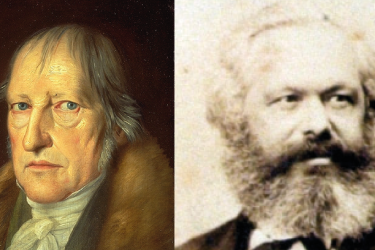
The dialectic in the service of revolution
Ann Robertson — The dialectic is a powerful weapon for revolutionary socialists who seek to understand our surrounding world for the purpose of changing it.
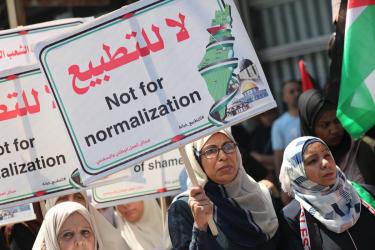
Pro-Palestine solidarity and capitalist double-speak in the Middle East
Michael Pröbsting — Middle Eastern governments denounce Israel’s genocidal war against the Palestinian people in Gaza but refuse to rupture their economic relations with the Zionist state.
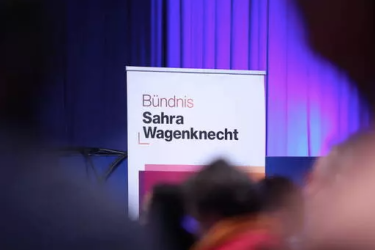
After the split in Die Linke: The rise of anti-establishment centrism?
Carsten Braband & Mario Candeias provide a preliminary attempt to situate the Sahra Wagenknecht Alliance within the German party system.
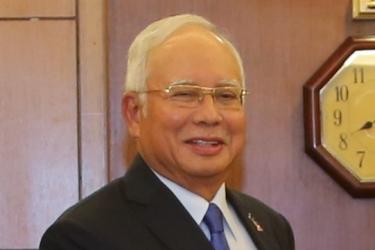
The last straw: Time to give third parties a chance in Malaysia
Arveent Kathirtchelvan — We should no longer enable liars to lead us, we must throw them away and start anew. We should withdraw all support, funding and campaigning for the big parties and give others a chance, especially those with a proven track record.
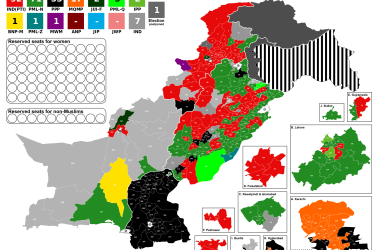
Pakistan general elections: A vote against IMF policies and state repression
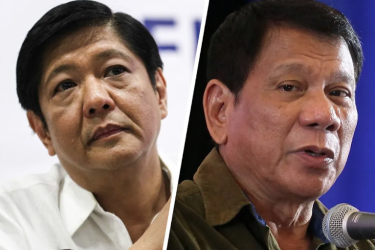
Marcos Jr versus Duterte: Behind the clash between the Philippines’ two main dynasties
Sonny Melencio — The confrontation between the Marcos Jr and Duterte camp is not just a clash between two powerful political dynasties.
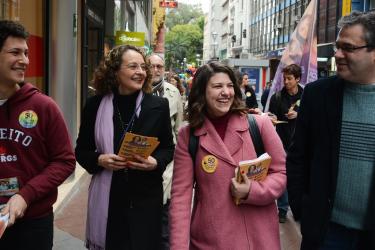
Mariana Riscali looks at the state of Brazil’s far right, as well as the country’s trade unions and social movements, and outlines MES’ views on parliamentary work, ecosocialism and internationalism.
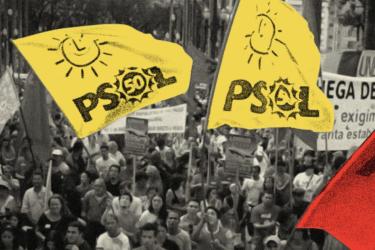
Mariana Riscali discusses PSOL’s relationship with the new Lula government and the tensions this has caused within the party.

Palestinian resistance and the war in Gaza: An interview with Toufic Haddad

An interview with Oksana Dutchak, member of the Commons editorial team, as the two year anniversary of Russia’s invasion approaches.
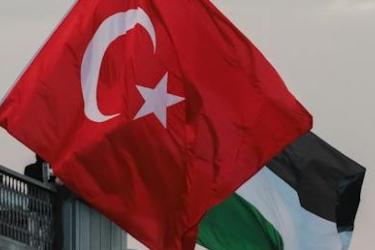
Turkey: ‘The absence of rules is the fundamental character of the regime’
Masis Kürkçügil explains how Erdoğan’s Turkey is seeking to carve out a path between the Western bloc and the West in order to build a second-rate imperialism. But this is not without difficulty in the context of exacerbated contradictions between the great powers.